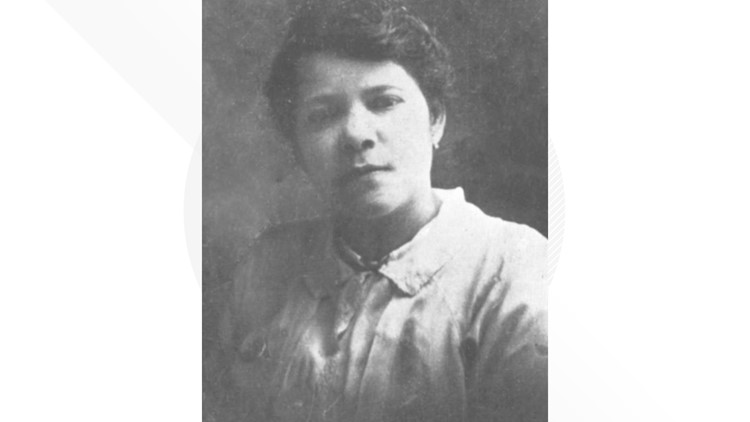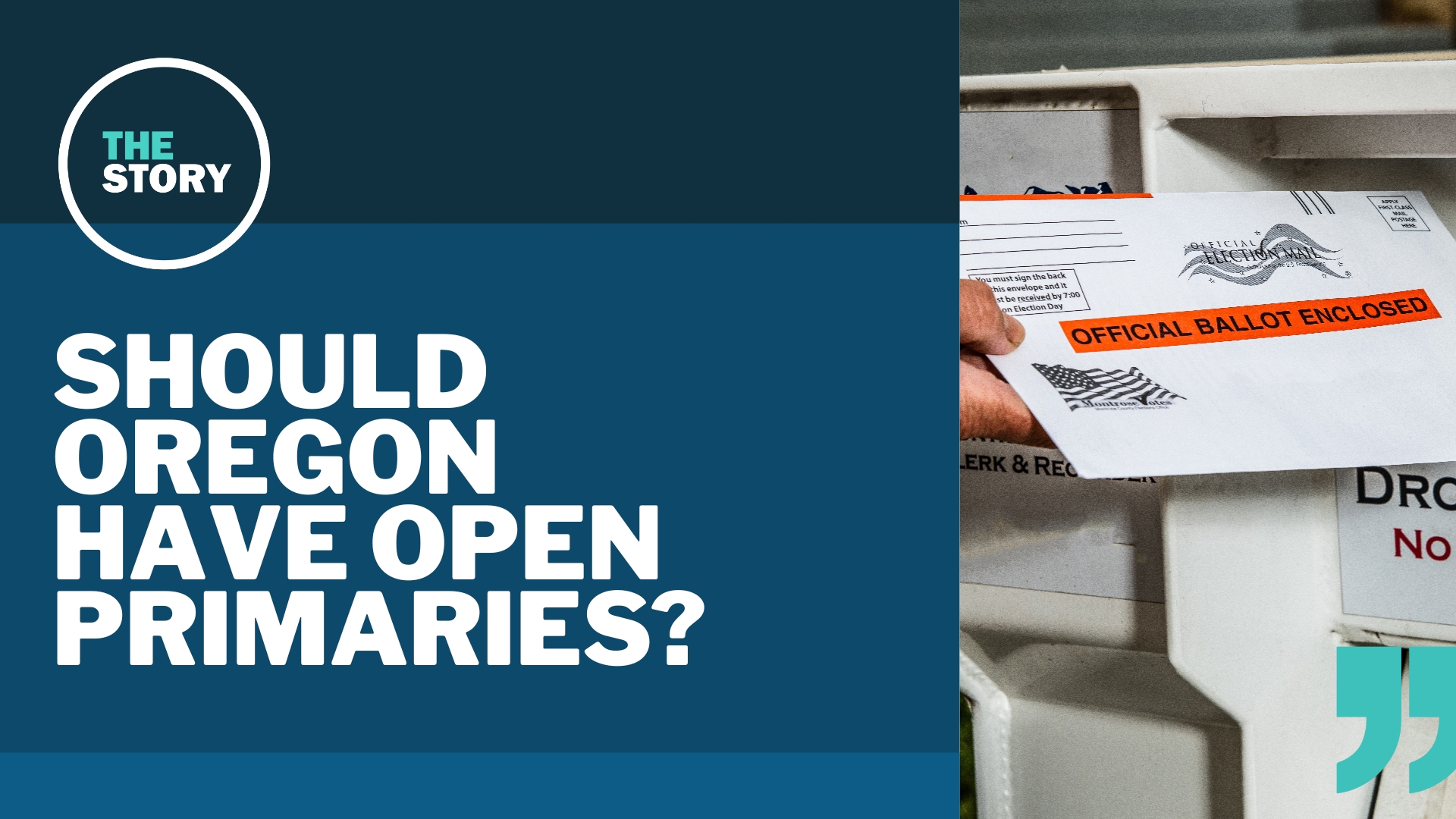PORTLAND, Ore. — It is Women’s History Month for all of March and the 8th marks International Women’s Day. It’s a day to recognize important women across the world and the inequality they still face. Here in Oregon, a number of powerful women have helped shape the state into what it is today.
Lizzie Weeks’ contribution to empowering Black women to vote following women’s suffrage in 1912 in Oregon helped give access and understanding to a new political arena where women and Black people were previously unwelcome.
Not a ton is known about Weeks’ early life. She was not born in Portland, but married a man named George Weeks in 1904 and lived most of her life in Oregon.
In 1912, she was one of five commissioners representing Oregon on the National Emancipation Commemorative Society to recognize the 50th anniversary of the signing of the Emancipation Proclamation. Just two years later, Weeks concentrated her efforts on rallying Black women together and getting them registered to vote.
She helped to organize a 1914 meeting for women of color to support the Republican party, which was popular with the Black community until the Great Depression. The women who rallied around the Republican party in Oregon founded the Colored Woman’s Republican Club, which worked to register Black women to vote in Portland, and Weeks was elected president.
Not only did she have a significant impact on Black voting in Oregon, but she was also the first Black woman to be employed as a social worker for Multnomah County. She worked as a matron at the Frazier Detention Home, which was a juvenile facility in Multnomah County. Then, in 1920, despite pushback from white colleagues, Weeks began working as a probation officer in the Multnomah Count Court of Domestic Relations.
She was involved in her church Bethel AME, the first Black church in Portland that still operates to this day. She continued her community activism and participated in fundraising for the church.
She died in Portland in September 1976 but her legacy is not forgotten.
If you're interested in learning more about the formidable women who helped shape Oregon you can visit the Oregon Encyclopedia, run by the Oregon Historical Society.



